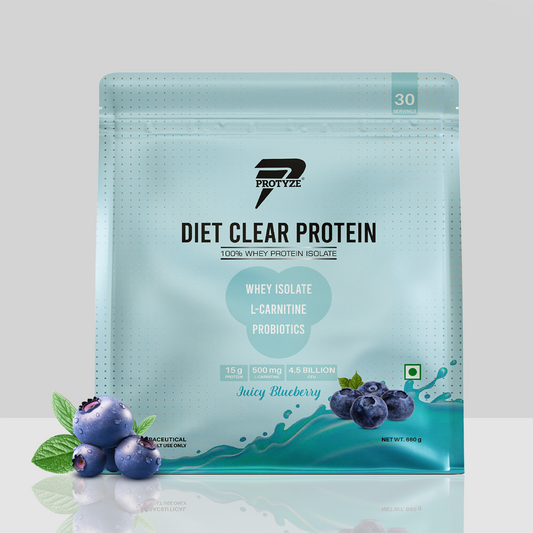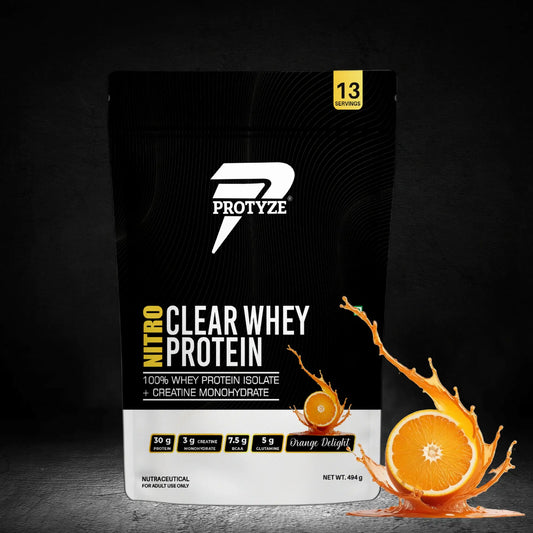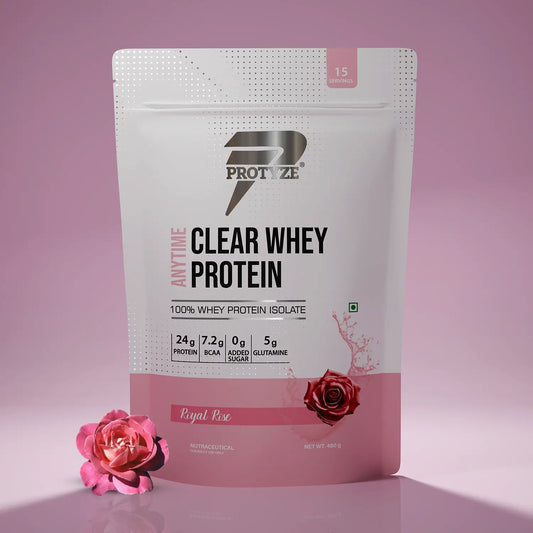Eggs are called the “powerhouse of nutrition” for a reason. They’re loaded with protein, vitamins, and healthy fats making them a go-to food for breakfast plates, gym diets, and even quick snacks. But there’s one debate that never ends: should you eat the whole egg or just the egg white?
Some people believe egg yolks are unhealthy because of their fat and cholesterol, while others argue the yolk is where most of the nutrients actually live. On the other hand, egg whites are famous for being pure protein with almost no calories or fat. So, which one is better for you?
In this article, we’ll break it down in a simple way explaining what’s inside egg whites vs. whole eggs and helping you decide whether skipping the yolk is a smart choice or a big mistake.
What Makes Eggs So Special?
Eggs are like a little powerhouse of nutrition. They come from chickens and are made up of two main parts: the white and the yolk. The white is the clear part that turns solid when you cook it, and the yolk is the yellow center. Both parts have good things to offer, but they are different in what they give your body. Eggs are a complete protein, meaning they have all the essential amino acids your body needs to grow and repair itself. This makes them a top choice for people who work out or want to eat healthy.
How Much Protein Is in One Egg?
One of the biggest questions people have is, “How much protein is in one egg?” The answer depends on whether you eat the whole egg or just the white. Let’s break it down:
-
Protein in One Egg (Whole): A large egg (about 50 grams) has around 6-7 grams of protein. This includes protein from both the white and the yolk. So, if you eat one whole egg, you get about 6-7 grams of protein.
-
Protein in Egg White: The egg white alone has about 3.6 grams of protein. This is most of the protein in the egg, but not all of it.
- Protein from One Egg Yolk: The yolk has about 2.7 grams of protein. This is less than the white, but it still adds to the total protein of one egg.
So, if you eat just the egg white, you get around 3.6 grams of protein. If you eat the whole egg, you get the full 6-7 grams. This shows that the yolk does contribute some protein, even though the white has more.
Calorie Content of 1 Egg
Calories matter if you’re watching your weight or trying to build muscle. Here’s how the calorie content of 1 egg breaks down:
-
Calorie Content of 1 Whole Egg: A large whole egg has about 68-70 calories. This comes from both the white and the yolk.
-
Calorie Content of 1 Egg White: The egg white has only about 17 calories. It’s very low in calories because it’s mostly water and protein.
-
Calorie Content of 1 Egg Yolk: The yolk has about 50-55 calories. This is where most of the fat and calories in the egg come from.
If you’re trying to eat fewer calories, sticking to egg whites might seem like a good idea. But eating the whole egg gives you more nutrients, which we’ll talk about next.
Egg White Protein: What’s So Good About It?
Egg white protein is pure and simple. Here’s why people love it:
-
High Protein, Low Calories: With 3.6 grams of protein and just 17 calories, egg whites are great for people who want to build muscle without adding extra calories.
-
Low Fat and Cholesterol: Egg whites have no fat or cholesterol, making them a heart-healthy choice for some.
-
Easy to Digest: The protein in egg whites is easy for your body to use, which is why it’s a top pick for athletes.
- Versatile: You can boil, scramble, or even whip egg whites into recipes.
Because of these benefits, egg white protein is often used in fitness diets. But it’s not the whole story let’s look at the yolk next.
Should You Eat the Egg Yolk?
The yolk is the part many people avoid because they think it’s unhealthy. But is that true? Let’s see what the yolk brings to the table:
Benefits of the Egg Yolk
-
More Protein: The yolk adds 2.7 grams of protein to the 6-7 grams in a whole egg, making it a better source overall.
-
Healthy Fats: The yolk has about 5 grams of fat, including omega-3 fatty acids, which are good for your heart and brain.
-
Vitamins and Minerals: The yolk is full of nutrients like vitamin D, vitamin B12, choline, and iron. Choline is especially important for your brain and liver health.
-
Antioxidants: Yolks have lutein and zeaxanthin, which are good for your eyes.
- Taste and Satisfaction: The yolk makes eggs tastier and can keep you full longer.
Concerns About the Egg Yolk
-
Cholesterol: One yolk has about 186-200 milligrams of cholesterol. Some worry this can raise heart disease risk, but studies show it’s not a big problem for most healthy people if eaten in moderation.
- Calories: With 50-55 calories, the yolk adds more calories than the white alone.
So, should you eat the yolk? For most people, yes! The nutrients in the yolk balance out the cholesterol concerns, especially if you don’t eat too many eggs. Eating 1-2 whole eggs a day is usually fine for healthy adults. If you have high cholesterol or heart issues, talk to a doctor.
Egg White vs Whole Egg: Which Is Better?
Now, let’s compare egg white and whole egg to see which is better for you. It depends on your goals:
For Weight Loss
-
Egg White: Low in calories (17) and fat-free, egg whites are great if you want to cut calories while still getting protein in one egg (3.6 grams).
- Whole Egg: With 68-70 calories, whole eggs might add more calories, but the protein (6-7 grams) and healthy fats can keep you full longer, helping with weight control.
For Muscle Building
-
Egg White: The 3.6 grams of protein in one egg white help build muscle, but you’d need to eat more whites to match the protein of whole eggs.
- Whole Egg: The 6-7 grams of protein in one egg, plus nutrients like vitamin D, support muscle growth better. Pairing whole eggs with a supplement like Protyze Anytime Clear Whey Protein (24g protein, Nimbu Pani flavor) can give you an extra protein boost for muscle gains.
For General Health
-
Egg White: Good for a low-fat diet, but it misses out on the yolk’s vitamins and minerals.
- Whole Egg: Offers a complete nutrient package, making it better for overall health.
For Heart Health
-
Egg White: No cholesterol or fat, which might appeal to those worried about heart issues.
- Whole Egg: The cholesterol is balanced by healthy fats and nutrients, so it’s fine for most people in moderation.
Winner?
There’s no clear winner—it depends on you! If you’re watching calories or have specific health needs, egg whites might be better. For most people, whole eggs are a healthier choice because of the extra nutrients. Eating a mix of both can give you the best of both worlds.
How Many Eggs Should You Eat?
How many eggs you should eat depends on your diet and goals:
-
For Protein: One egg gives 6-7 grams of protein. To hit 50-70 grams a day (for a 70kg person), you might need 7-10 eggs, but that’s a lot! You can mix eggs with other protein sources.
-
For Calories: One whole egg is 68-70 calories. Eating 2-3 eggs a day fits most diets.
- For Health: 1-2 whole eggs daily are safe for most people. Add egg whites if you need more protein without extra calories.
Balance eggs with other foods like chicken, fish, or protein supplements to meet your needs.
Tips for Eating Eggs
Here are some simple ways to enjoy eggs:
-
Boil Them: Hard-boiled eggs are easy to grab and eat.
-
Scramble Them: Mix whites and yolks for a tasty meal.
-
Omelette: Add veggies for extra nutrition.
-
Pair with Protein: Use Protyze Anytime Clear Whey Protein (Orange flavor) after a workout to add 24g protein to your egg-based diet.
- Cook Light: Avoid too much oil to keep calories low.
Eggs and Fitness: A Perfect Match
Eggs are a natural fit for fitness because of their protein content. Whether you choose egg whites or whole eggs, they help with:
- Muscle Repair: The protein in one egg (6-7 grams) fixes muscles after exercise.
- Energy: The nutrients in the yolk keep you going.
- Strength: Regular egg protein supports long-term muscle growth.
If you need more protein, supplements like Protyze Anytime Clear Whey Protein can fill the gap, offering a light, clear alternative with 24g protein per serving.
Potential Downsides of Eggs
While eggs are great, there are a few things to watch:
- Allergies: Some people are allergic to eggs, especially the white.
- Cholesterol: Too many yolks might affect cholesterol in some people.
- Cooking: Overcooking can reduce nutrients, so don’t fry them too long.
Eat eggs in moderation and check with a doctor if you’re unsure.
Conclusion
So, should you eat the egg yolk? For most people, yes! The yolk adds valuable protein (2.7 grams), healthy fats, and nutrients like vitamin D and choline that the white doesn’t have. A whole egg gives you 6-7 grams of protein and 68-70 calories, while the white alone offers 3.6 grams and 17 calories. If you’re watching calories, egg whites are a good choice, but whole eggs are better for overall health and fitness. Mixing both can work too. Pair your egg diet with a supplement like Protyze Anytime Clear Whey Protein to boost your protein intake easily with its 24g protein and refreshing Nimbu Pani flavor. Enjoy eggs as part of a balanced diet, and you’ll see the benefits for your body and strength!
FAQ'S
Is egg white better than whole egg for muscle gain?
Egg whites are high in pure protein with almost zero fat, while whole eggs provide protein plus healthy fats, vitamins, and minerals. For optimal muscle growth, whole eggs may be better due to added nutrients that support recovery and hormone balance. If you’re tracking calories strictly, egg whites can help reduce fat intake.
Should I avoid egg yolks for fat loss?
No. Egg yolks contain healthy fats, Vitamin D, B12, and choline. Moderate whole egg intake does not cause fat gain. Fat loss depends on total calorie balance. If you’re cutting aggressively, you can combine 1 whole egg with extra egg whites.
How many eggs can I eat per day for muscle building?
Most healthy individuals can consume 2–4 whole eggs daily. Athletes may consume more depending on protein needs. If you need higher protein without extra fats, adding a clean whey isolate like Protyze Nitro Clear Whey Protein can help meet daily targets efficiently.
Are egg yolks bad for cholesterol?
For most healthy people, dietary cholesterol from eggs has minimal impact on blood cholesterol. Research shows whole eggs can be part of a balanced diet. Those with medical conditions should consult a doctor.
Egg white vs whole egg: Which has more protein?
A whole egg has about 6–7g protein, while one egg white has around 3–4g protein. However, whole eggs provide complete nutrition beyond protein, making them more nutrient-dense overall.
Is egg white protein better than whey protein?
Egg white protein is high-quality and complete. Whey protein, especially isolate forms like Protyze Clear Whey, absorbs faster and is more convenient post-workout. Both are effective — your choice depends on digestion, convenience, and goals.
Can beginners eat whole eggs daily?
Yes. Whole eggs are safe and nutritious for beginners starting fitness. Pairing whole foods like eggs with high-quality supplements such as Protyze whey protein can help beginners hit daily protein goals easily.
Do egg yolks help in muscle growth?
Yes. Egg yolks contain essential fats, fat-soluble vitamins, and nutrients that support muscle recovery and testosterone levels. They complement the protein found in egg whites.
Are egg whites safer than whole eggs?
Both are safe when cooked properly. Egg whites remove fats and cholesterol, but you also lose key nutrients found in yolks. Balance is better than elimination.





